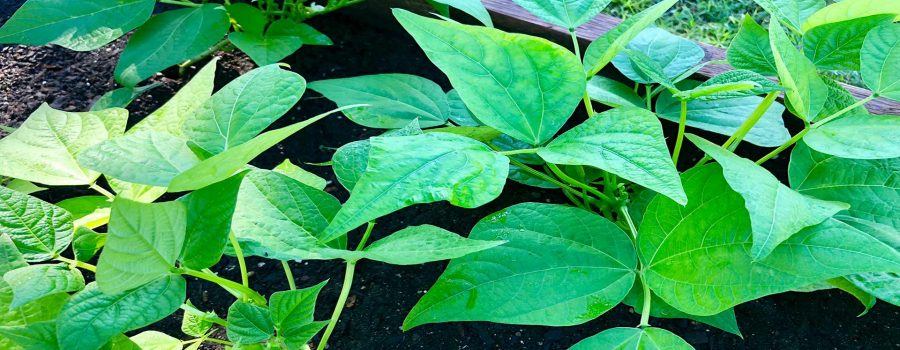Return to the Garden A Path from Failure
We don’t need a degree in philosophy to return to the garden. Knowing how to do this daily is a lifelong skill and accomplishment. Often, throughout our day we’re reminded to pay attention to the details. A soft breeze, a ripe tomato, the scent of earth after rain. These small signs invite us to slow down and step back into rhythm with life itself.
To return to the garden is not a backward step. It’s a philosophical and spiritual movement forward an act of renewal. In stories and sacred traditions the garden is where humanity first dwelled in peace. But even when we stray from that place into concrete cities and digital abstractions the invitation remains. Returning doesn’t mean escaping modern life. It means integrating something essential something grounding. It means choosing fulfillment over fragmentation.
Every weed we pull and every seed we bury brings us closer to that fulfillment. Many of us only seek the garden when burnout or disconnection becomes unbearable. But in those moments of failure, we find the door back. The garden offers no judgment only rhythm, patience, and purpose. To return to the garden is to come back to what we were made for: nurturing life, inside and out.
Health Benefits of Gardening Medicine in the Soil
The health benefits of gardening are as ancient as they are scientifically confirmed. Studies show that gardening reduces stress, lowers blood pressure, and increases dopamine and serotonin. The benefits extend beyond physical wellness there’s something soulful in the slowness of planting, watering, and watching life grow.
One of the lesser-known health benefits of gardening is the exposure to beneficial soil microbes like Mycobacterium vaccae, which have been linked to improved mood and immune function. Sunlight adds Vitamin D. Movement improves circulation. Time outside restores circadian rhythms.
But the true power of gardening lies in what it teaches us. By caring for a garden we reframe our relationship to time and ourselves. We learn to wait and banish anxiety. To act with consistency and to celebrate small wins. These lessons build resilience and reflection. It gives us tools to deal with modern stress in natural regenerative ways. The health benefits of gardening aren’t just bone deep they reach our soul.
In their song titled Leadtheway by RAREFORMDOME featuring KNOWITALL
“I could of had a YALE fate, the seeds that grows tomatoes, apples, and the kale fake…” – KNOWITALL
Philosophical Gardening Ancient Wisdom Present Power
Understanding philosophical gardening reminds us that cultivating the earth is one of the oldest human disciplines. Long before screens and skyscrapers our ancestors shaped civilizations through seeds and seasons. From the Nile River’s rich banks to the hanging gardens of King Solomon. Philosophical gardening are central to culture, community, and survival.
In ancient times, gardening was spiritual. It was a way to honor God. In the Middle Ages, monastic gardens preserved medicinal knowledge through centuries of upheaval. During wartime victory gardens helped entire nations eat and endure. Philosophical gardening teaches us that the garden is never just about plants. It’s about purpose.
Today, when we plant even one basil seed, we’re not starting something new. We’re continuing something eternal. To return to the garden is to step back into a story much older than ourselves. And in doing so, we become stewards. Not only of land but of life.
Return to the Garden A Living Philosophy
At Cedarsunbox, we believe the garden is a daily act of quiet resistance. It’s not about growing perfect vegetables or mastering permaculture overnight. It’s about remembering how to live in rhythm, how to pay attention, and how to become whole again.
To return to the garden, enjoy the health benefits of gardening, and rediscover philosophical gardening is to find our place again. Never above nature but within and standing together with it because it is needed. Not as consumers but as caretakers of calm, color, and connection. And no matter where you start. Whether on a patio with pots or a schoolyard bed the return begins the moment you reach for the soil.


